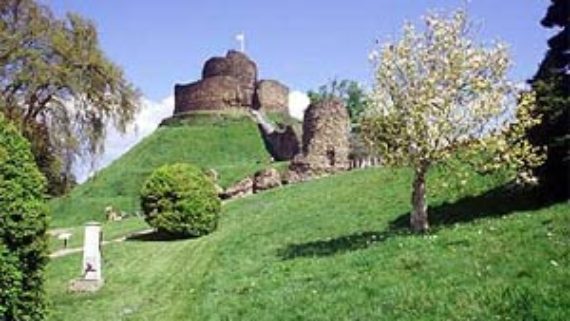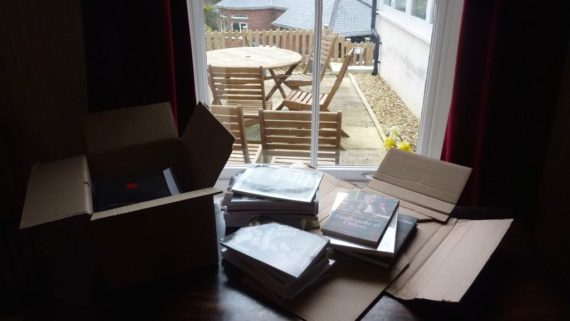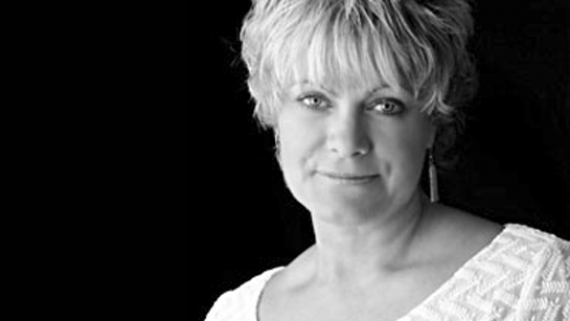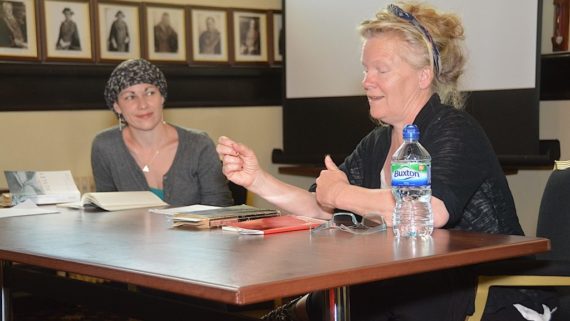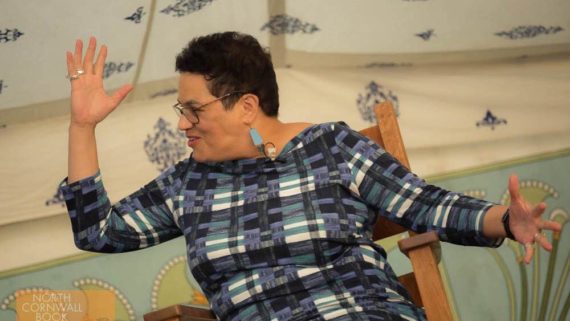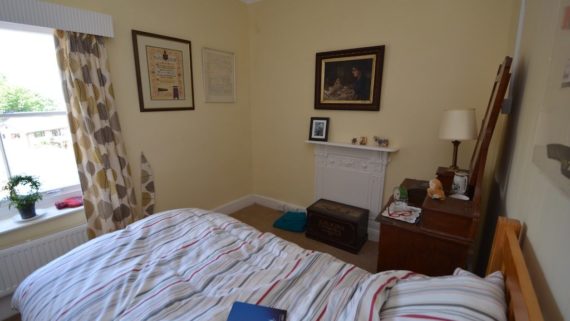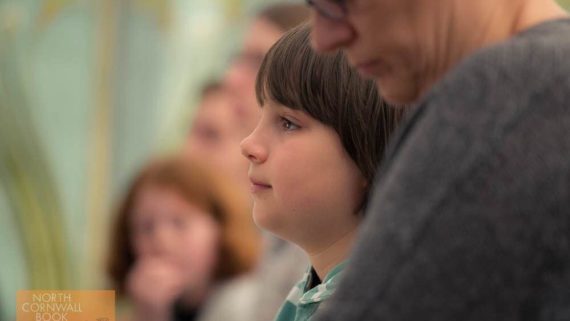Life at sea demands an economy of language…
Skylark (afterword) from Hands to Dance and Skylark – Charles Causley

– In A Glass of Salt Water – his introduction to the 1979 edition of Hands to Dance and Skylark – Charles Causley declines to draw a line between an adult and a child readership for his collection Figgie Hobbin (1970) – and quotes from ‘A Sailor Sat on the Watery Shore’ –
A sailor sat on the watery shore
By the side of the shiny sea,
…
‘And oh but it’s true that a life on the blue
Ain’t the same as the life on the brown.’
– Later in the poem a more temporary line divides the matelot –
‘And then there’s your mates in the varying states
From the angel and saint to the sinner,
Though I think you will find they are much of a kind
When you sit down beside ‘em for dinner.’
– Causley uses A Glass of Saltwater to introduce the concept of boatswain’s (bosun’s) pipes – the Spithead nightingale call to dinner and – less common – the Hands to dance and skylark call to high-spirited recreation – both pipes to dissolve lines between mates –
– The poet also denies a line between his prose and verse – Beneath the surface, the poems and prose seem to me to have elements much more in common – but is keen to draw one between himself and the content of the prose – It would be a mistake, also, to regard the stories as autobiographical – and further still between himself and the self who wrote the stories years previously – The person who wrote these stories is by now something of a stranger to me – But the poet signs off – CHARLES CAUSLEY, Launceston, Cornwall – reminding us of the life he spent on the border between England and Cornwall –
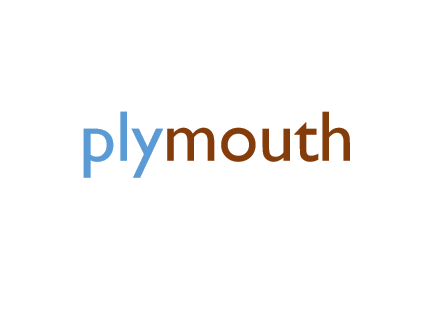
Causley writes often of the naval town of Plymouth. Plymouth, somehow, is a part of most Cornish people’s existence: it is generally the first large English city they encounter… This experience, coupled with his position alongside the Tamar, gave Causley additional experiences of the ‘borderland’…
The Literature of Cornwall 1000-2000 – Alan M. Kent
– In Skylark – the afterword to the 1979 edition – Causley does write autobiographically – reminiscing fondly on crossing the border to Devon as a child to visit his Aunt and Uncle on the northern rim of Plymouth – an only child entering a house of twelve children – near Seaton Military Barracks – the poet remembering that Sometimes we would walk to the edge of the parade-ground, swing up and down between the earth and air on the perimeter-wire – We always had warning of their approach: there was the crunch of their marching feet, and the sound of the band as it struck up another jolly tune. I couldn’t help noticing that not many of the soldiers sang –
– Though later to discover grim Navy songs – Causley chose the blue before the brown in 1940 when forcibly dragged from the womb that had been Cornwall – the bosun’s pipes a rare happy sound in among appalling noise – marking the line between duty and leisure – Later returning back across the line which separates servicemen from civilians – to the rather more alien element of land, where … he remains a part-stranger and temporary visitor – the poet realises his subject and finds his voice – but consulting his journals from the time reveals them to have been written by a man I scarcely know –
– Disconcertingly, too, I saw a man who – had he been a painter – had his eye too close to his subject, his nose too near the canvas – Not enough line between them –
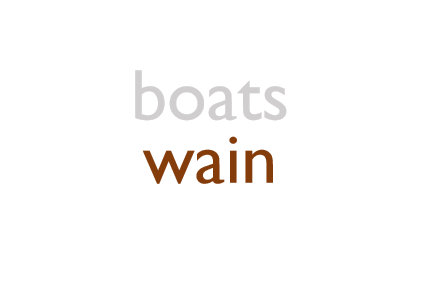
Andrew Fentham was poet in residence at Cyprus Well until April 2017 and will continue to support The Trust throughout the centenary celebrations ahead.









